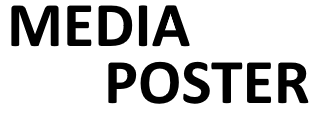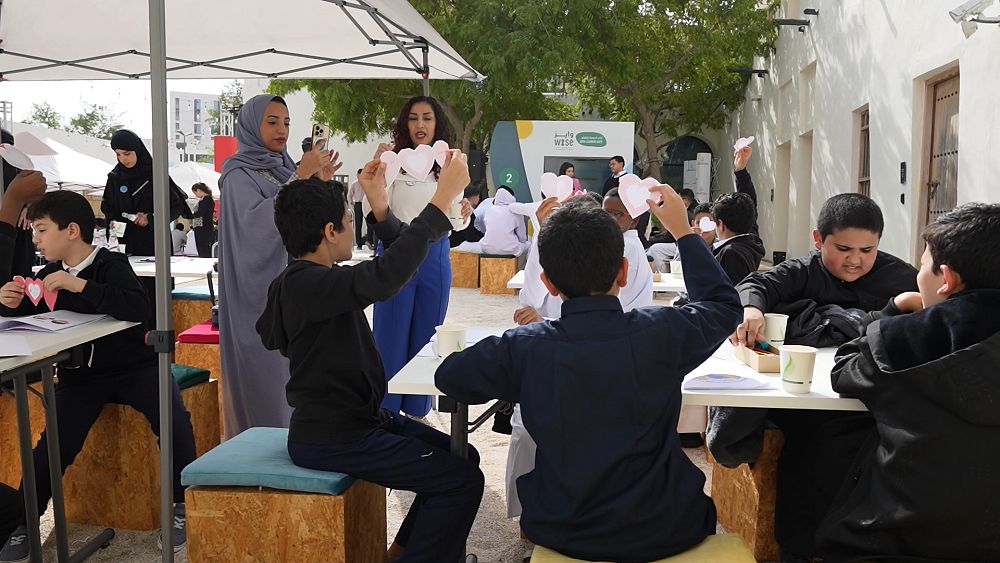
Qatar has a vision for the coming years: to transform Qatar “into an advanced country by 2030, capable of sustaining its own development and providing for a high standard of living for all of its people for generations to come.”
At its core, are four pillars; human development, economic development, social development, and environmental development, all aimed at driving the country forwards.
In this episode of Qatar 365, which you can watch above, Euronews’ Laila Humairah and Aadel Haleem explore how education is being used as a tool for progress in Qatar, and the way in which the country is designing new and more accessible ways of learning.
They met with several project leaders based in Education City, the home of the Qatar Foundation, to find out how issues like climate change, the impact of Covid-19, inequality, disability and online safety are being addressed.
Founded by Qatari Royalty
Education City, a series of campuses dedicated to learning and education, was founded by Qatar’s monarch, the Emir’s mother, Her Royal Highness Sheikha Moza bint Nasser in her role as Chairwoman of the Qatar Foundation.
Her Royal Highness has been vocal about education, one of her passions, and describes on her website how she has “spearheaded social and educational reforms in Qatar and around the world for many years through her ground-breaking initiatives in education and youth development.”
Her flagship project, Education City, stretches over 12 square kilometres, and houses eight international universities, a fully electric tram system and a World Cup Stadium.
Hosting 10,600 students, Education City claims to offer “learning opportunities for students of all ages and abilities” as well as promising university students the chance to obtain a “Western education in a Middle Eastern setting”.
But Education City does not just focus on educating Qataris and improving national structures, it also plays a role in narrowing the global attainment gap in education through partnerships and awards.
In 2009, Her Highness established WISE under the Qatar Foundation, an international platform to encourage creative thinking and purposeful action, which acts as a global reference in modern education by promoting projects across the world with cash awards.
Since then, it’s impacted more than 250 million beneficiaries in 200 countries.
WISE Awards 2022 winners
The salient issues of climate change and Covid-19 were addressed by two winners of the 2022 WISE awards.
Reap Benefit, an Indian organization based in Bangalore, provides 2-month mentoring programmes to teach citizens how to fight against climate change, by focusing on local solutions and the power of technology.
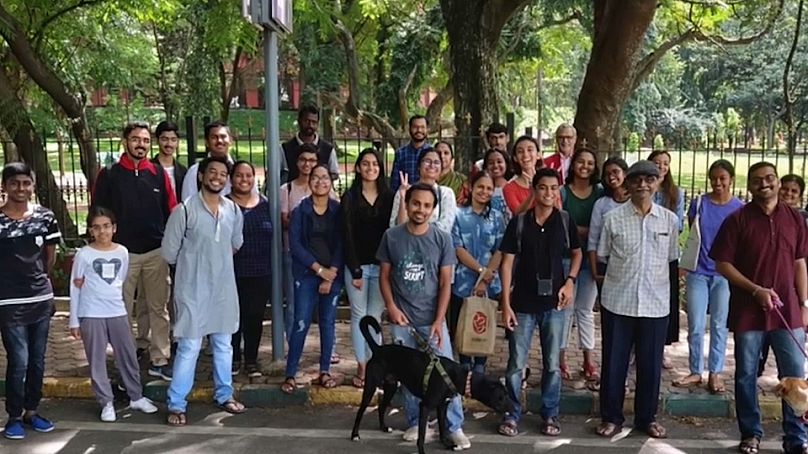
The International Labour Organization estimates that global warming could wipe out 34 million jobs in India by 2030, but Reap Benefit’s founder and CEO, Kuldeep Dantewadia, believes they can change that future by investing and galvanizing young people.
Dantewadia said: “I don’t think young people are the future. I think that they are the present and when you’re trying to solve a very, very complex issue, you have to get the present to start solving it.”
Another winner of the latest WISE Awards was a project that came from Education City; Education Above All, a group which created the Internet Free Education Resource Bank (IFERB) to widen access to education.
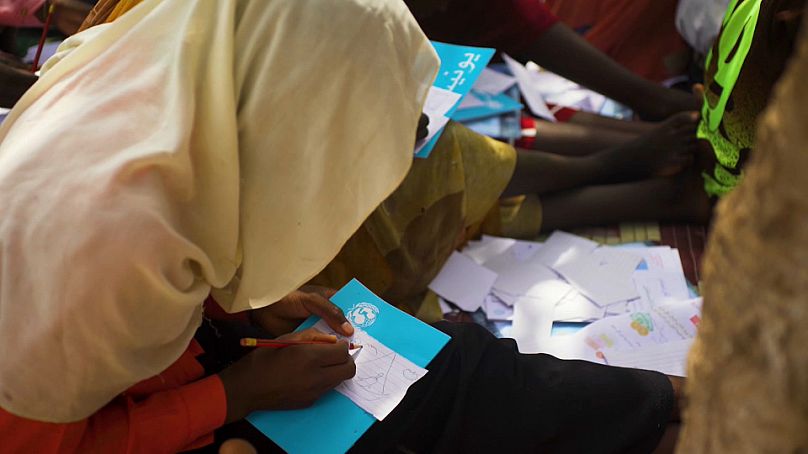
The IFERB provides screen-free learning resources, games and activities for 2 to 16-year-olds for free to combat the disruption to education caused by Covid-19, especially in remote and low income places.
Director of Innovation Development for Education Above All, Janhvi Kanoria, said: “The concept was to think about project-based learning and we wanted to simplify that for low resource contexts. So, we wanted to make sure that children who had nothing but also maybe did not have access to a trained educator or a facilitator could still learn in that way.”
Adapting Education for those with learning disabilities
Dr Asmaa Al Fadala, the Director of Research and Content Development at WISE told Euronews that Covid-19 was incredibly disruptive for education, especially for children with learning disabilities.
Al Fadala told Euronews WISE conducted a project with the University of Cambridge to study how parents and children with disabilities coped with continuing their education.
She said: “We identified a number of findings and recommendations for these particular needs. So, for example, here in Qatar, we found that there is very good communication between schools and parents. But we found that learners need engaged lessons to help them cope with this pandemic. Based on the recommendation from that study, we are also now putting a roadmap for inclusive and learning disabilities for Qatar.”
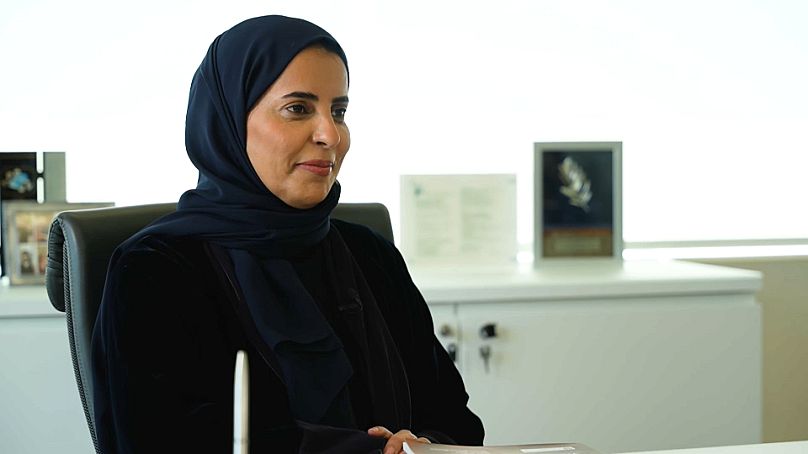
Best Buddies Qatar, which was set up 15 years ago, is one programme that is working to help integrate people with learning difficulties into education. Under the programme, students aged 12 and above with different abilities are paired up so they can get to know each other.
The idea is students without a cognitive disability are able to learn more about their peers, while promoting social integration and minimizing isolation of those with disabilities.
Rania Aboughaida, a Programme Specialist, for Best Buddies Qatar said that the friendships made tend to be “long-lasting” as they match people based on “gender, age, interest”.
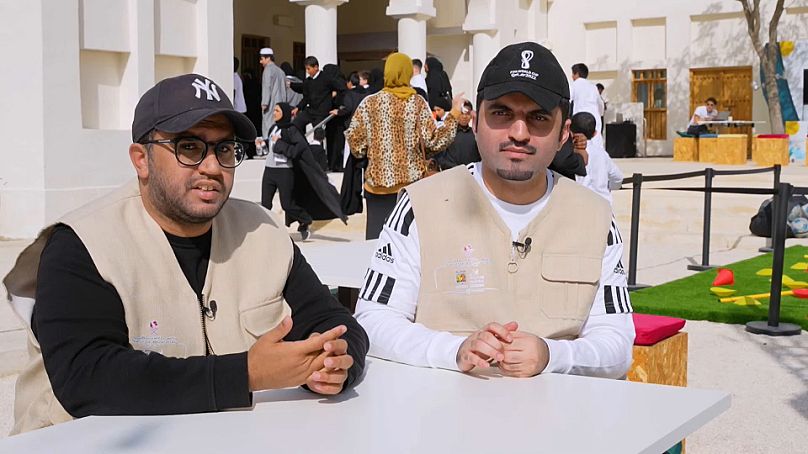
Supporting parents of children with learning disabilities
Supporting a child with learning difficulties can be a challenge for parents, but a group of three mothers has created an Instagram page to share tips and resources.
Aisha Al-Amari, one of the founders of the Autism Parents Platform, said she was initially shocked and “in denial” when she found out about her child’s autism diagnosis.
However, as she began to learn more about parenting a child with a learning disability, she decided that sharing knowledge could help shape happier childhoods and family relationships.
She said: “We found that learning from other mothers that have been through the same experience, especially with recent diagnosis, the younger ones, was easier for us to find the therapy approach, the school approach and what approaches actually work with our own children.”
Promoting online safety
One of the challenges facing young people in the 21st century, is how to create safe spaces free from harassment, exploitation and harmful content online.
At a Doha Learning Days event, Euronews reporter Aadel Haleem came across Kabuni, a technology company attempting to create a safe ‘metaverse’ tailored to children.
Nimesh Patel, the Co-Founder of Kabuni, said: “Safety comes from multiple different elements: how long are you going to be in there? How do you interact and behave? What are going to be the protocols if something goes wrong? I think we have to work together as parents, industry… even the users in figuring out what is the balance between safety and freedom in immersive experiences.”
Through embracing differences and new technologies, Qatar is leading the way in breaking outdated education systems and giving a new perspective on learning, that goes beyond borders and limitations.
